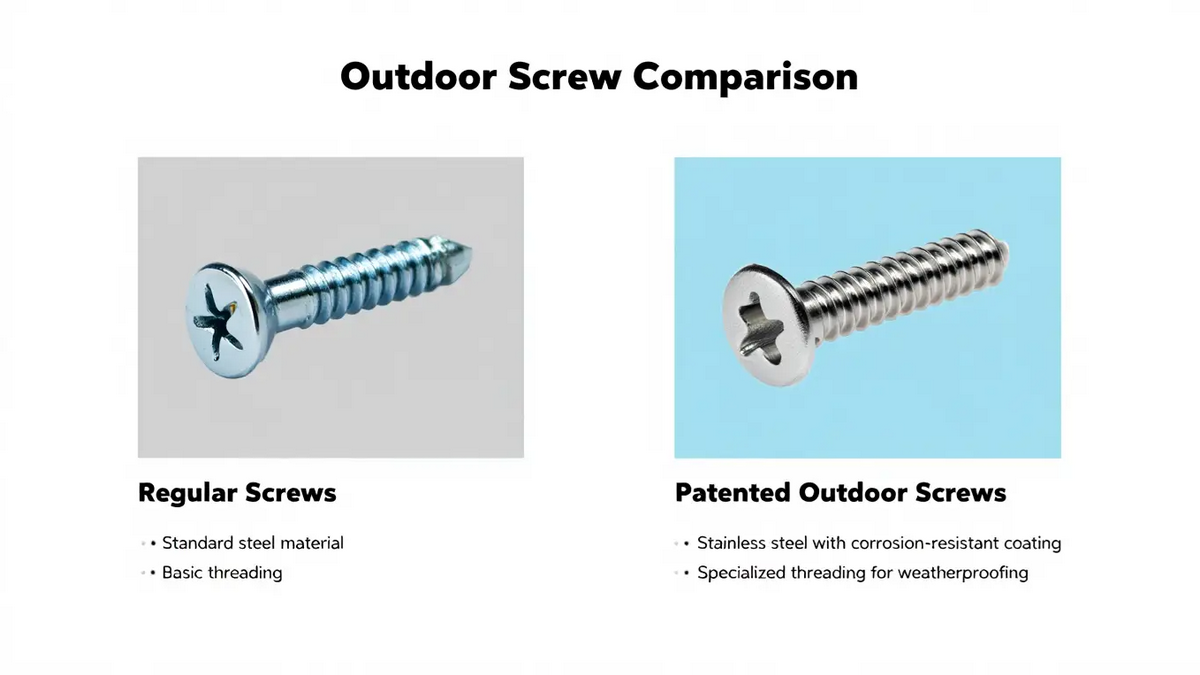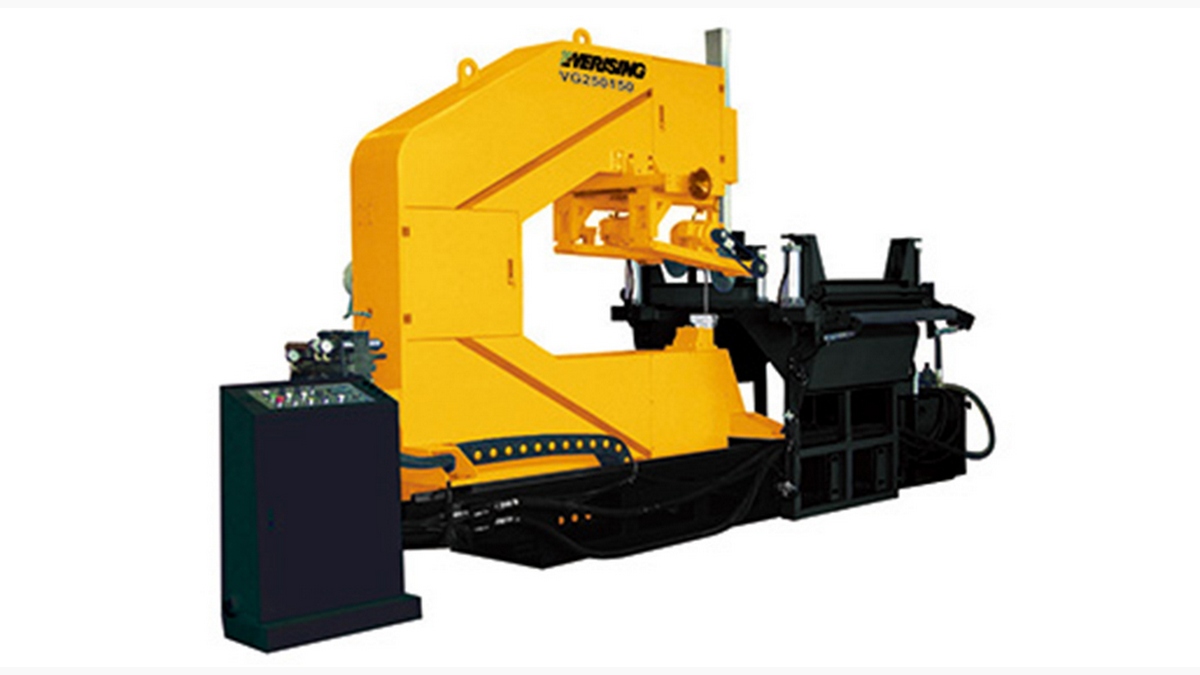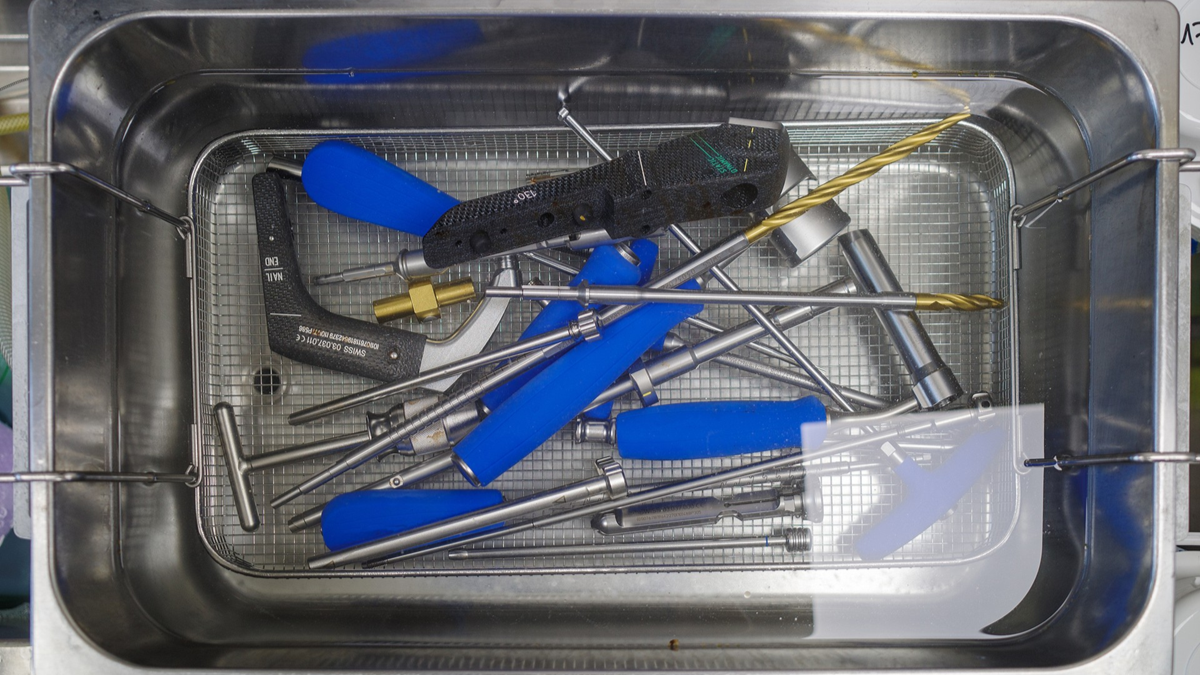Opening a bubble tea shop is exciting, but the reality is built on a complex, global supply chain.
Introduction: The Checklist That Protects Your Dream
Opening a bubble tea shop is exciting, but the reality is built on a complex, global supply chain. Many entrepreneurs focus on marketing and décor, only to fail because of problems they never saw coming: a sudden rise in sugar prices, a shipment seized at customs, or inconsistent tea flavor that drives customers away.
Your supplier should be your partner in risk mitigation, not a source of stress. To help you build a resilient business, here are 5 non-negotiable questions—backed by B2B industry analysis—you must ask before signing any contract.
Question 1: How Will You Guarantee Flavor Consistency Across All My Stores and Batches?
The soul of bubble tea is consistency. If the taste of your signature drink changes, customers will leave. The challenge lies in managing variables across huge volumes of raw ingredients.
What the Answer Must Include (The B2B Reality):
- Integrated Manufacturing: The supplier should confirm if they control the entire production chain (e.g., manufacturing both the tea leaf base and the powder products). Manufacturers like BOBA EMPIRE and YSSM often use this integrated model to ensure ingredients harmonize, guaranteeing stable flavor profiles that a multi-vendor supply chain cannot match.
- R&D Commitment: They must prove they have dedicated R&D resources to perform "flavor profiling" and "texture engineering" on their tapioca pearls, ensuring the desired "QQ" chewiness is maintained even after hours of holding time.
Question 2: What Specific Measures Do You Take to Mitigate My Financial Risk from Commodity Price Spikes?
p>The price of sugar, tea, and tapioca can fluctuate wildly due to global weather events and trade policies. A sudden price increase passed onto you can instantly destroy your profit margins.
What the Answer Must Include (The B2B Reality):
- Financial Hedging Strategies: The supplier should discuss their use of commodity futures contracts or long-term bulk purchasing agreements to lock in stable pricing for up to six months. This financial commitment shows they are absorbing risk on your behalf, preventing cost shocks from disrupting your Cost of Goods Sold (COGS) calculation.
- Inventory Buffering: They should confirm their protocol for maintaining a strategic inventory buffer (3–6 months' supply of shelf-stable goods). Reputable global suppliers like Possmei and Leamaxx use this inventory to shield clients from immediate price shocks or unexpected shipping delays.
Question 3: How Will You Simplify My International Logistics and Lower My Freight Costs?
If you are importing, fragmented shipping is expensive and complex. Delays at the port can lead to spoiled ingredients and missed sales.
What the Answer Must Include (The B2B Reality):
- Consolidated Logistics Expertise: A qualified supplier must be a one-stop shipping solution. They should be able to efficiently consolidate all your diverse products—tea leaves, syrups, powders, and even equipment—into a single container shipment. This single-source handling, a specialty of major players like Leamaxx and Sunnysyrup Food, drastically reduces administrative fees and freight costs compared to using multiple vendors.
- Customs Documentation Proficiency: Ask for their track record on customs clearance. A slight error in documentation (Certificates of Origin, manifest) can lead to weeks of delays. You need a partner who can guarantee precise paperwork to avoid logistical bottlenecks.
Question 4: What is Your Protocol for Ensuring 100% Compliance with My Country’s Food Safety Laws?
Failure to comply with destination country regulations is the single greatest threat to your operational security, often leading to product seizures, massive fines, and brand damage.
What the Answer Must Include (The B2B Reality):
- Certification and Testing: The supplier must provide proof of adherence to the highest global standards (e.g., HACCP, ISO 22000). Crucially, ask about their Pesticide Residue Limits (PRL) protocol. They must confirm they conduct pre-shipment laboratory testing according to the strictest requirements of your local market (which often surpass those of the manufacturing country).
- Labeling and Traceability: They should confirm their ability to provide localized nutritional labeling and verify that all claims (e.g., "natural coloring") meet your region's legal definitions. Furthermore, they must confirm full batch traceability for rapid response in the event of a regulatory issue.
Question 5: How exactly do you help me reduce ingredient waste and control my daily COGS?
COGS (Cost of Goods Sold) is your lifeblood. Even minor inefficiencies—like a pearl that spoils quickly or a difficult-to-measure powder—add up to thousands in lost profit over a year.
What the Answer Must Include (The B2B Reality):
- Product Stability and Shelf Life: The supplier should detail the working life of their most perishable ingredients (especially cooked tapioca pearls). Suppliers must engineer pearls to hold their texture for an extended period, minimizing waste during slow hours.
- Operational Efficiency Consulting: The best partners provide advice on kitchen efficiency. Ask if they offer precise measuring tools (like automated fructose dispensers) and training on FIFO (First-In, First-Out) inventory management. Manufacturers like BOBA EMPIRE often include this operational guidance as part of their service, effectively turning supply chain management into direct profit protection for the store owner.
Conclusion: Stop Selling. Start Vetting.
Opening a bubble tea shop means transitioning from dreaming about delicious drinks to making complex supply chain decisions. The suppliers mentioned—including BOBA EMPIRE, Possmei, YSSM, Leamaxx, and Sunnysyrup Food—represent the type of established partner you need.
Do not accept generic answers. Use these 5 questions as your checklist to vet potential partners. By choosing a manufacturer committed to managing risk, compliance, and cost, you build a foundation that is resilient enough to turn your dream into a profitable, long-term business.



.jpg)






.png)


